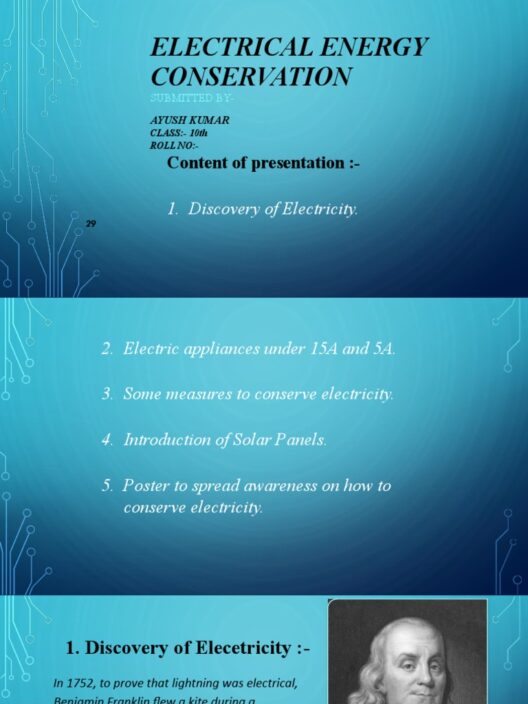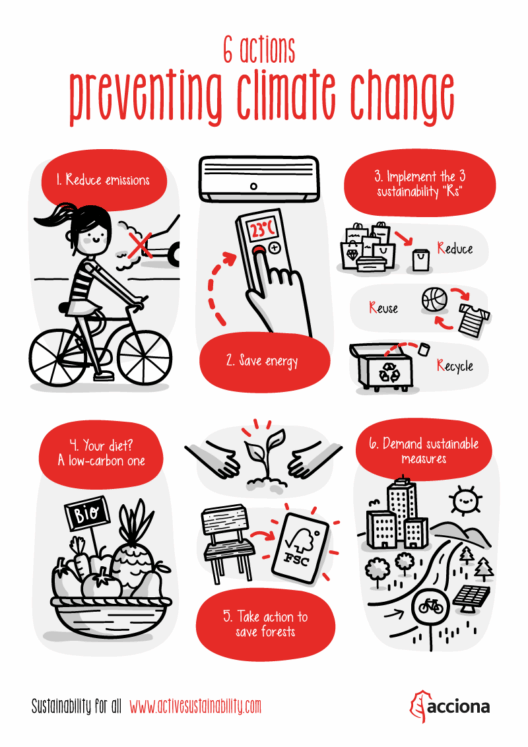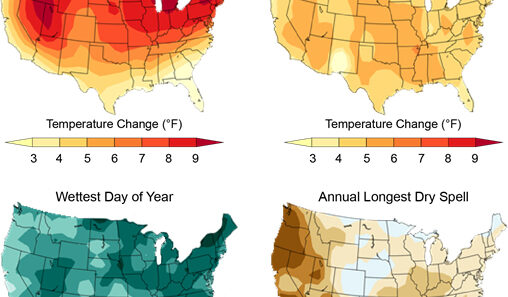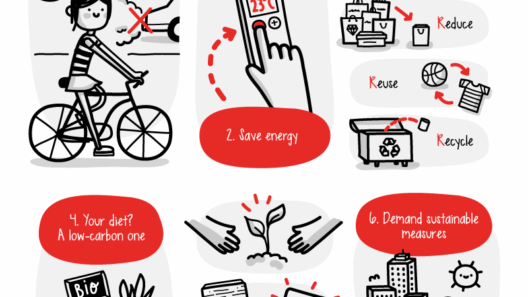In an era where scientific evidence surrounding climate change is resoundingly robust, a palpable conundrum emerges: why do some individuals adamantly refuse to accept the reality of climate change? This discourse is not merely an academic inquiry; it encapsulates deeply rooted cognitive dissonances, psychological resistance, and a spectrum of socio-political influences. Addressing the paradox of disbelief invites a multifaceted exploration into human psychology, ideology, and social dynamics.
First, let us ponder an intriguing question: what underlies an individual’s steadfast rejection of well-documented scientific consensus? At the outset, one might consider cognitive biases that play a pivotal role in shaping perceptions. Confirmation bias, for instance, compels people to seek out information that corroborates their pre-existing beliefs while dismissing data that contradicts them. In the context of climate change, those who harbor skepticism may actively gravitate towards contrarian viewpoints and sources that downplay the gravity of the situation. This self-reinforcing loop facilitates a fortress of beliefs that feels convincing, particularly to those who may lack an expert understanding of climate science.
Moreover, the phenomenon of motivated reasoning further compounds this issue. Individuals often arrive at conclusions based on emotional and ideological motivations rather than objective facts. Climate change, being an inherently complex and often daunting subject, engenders feelings of helplessness and anxiety. Consequently, individuals may reject acknowledgment of climate change as a protective mechanism. By denying the validity of climate change, they can alleviate discomfort and stave off daunting realizations about their contributions to the problem and the underlying systemic changes required to address it.
In addition to psychological factors, social identity plays a significant role in how individuals perceive climate change. As we become increasingly entangled in our social groups, opinions about climate change can mirror group norms. For instance, if an individual’s community largely subscribes to climate skepticism, they are more likely to adopt similar beliefs. This groupthink mentality cultivates an environment where dissenting opinions are quashed, and conformity reigns supreme. It serves as a reminder that our beliefs are not crafted in isolation but are rather products of social interactions and affiliations.
Furthermore, consider the profound influence of politics and ideology on the acceptance of climate change. The divide between those who acknowledge human-induced climate change and those who do not often aligns with broader political identities. In many instances, this debate has become entangled with party affiliation, where acceptance of climate science is mischaracterized as a liberal or progressive stance. Consequently, endorsing climate action is viewed as a rejection of conservative principles, leading to an ideological schism that simplifies complex realities. This politicization creates barriers to constructive dialogue, fostering an environment rife with misinformation and conflict.
The media landscape also significantly influences public perception of climate change. While reliable scientific reporting exists, sensationalized headlines and misleading portrayals can skew public understanding. The selective coverage of climate narratives often amplifies skepticism, especially when media outlets report conflicting viewpoints as if they hold equal weight in scientific discourse. This phenomenon, often known as false balance, allows skeptics to promulgate their beliefs while obscuring the overwhelming consensus among climate scientists, further entrenching public doubt.
It is also essential to address the economic dimensions at play. For many individuals, acceptance of climate change necessitates a profound reckoning with their lifestyle choices and existential commitments. The implications of climate action frequently include significant lifestyle changes, regulatory interventions, and the potential for economic upheavals. This reality can breed resistance as individuals perceive change as a threat to their economic interests or way of life. The fear of losing jobs in fossil fuel industries or the discomfort associated with transitioning to greener alternatives can result in an emotional stance against climate change acknowledgment.
What, then, is the solution to this compelling challenge? Engaging with climate skeptics requires compassion, patience, and a willingness to listen. Educative strategies that rely on dialogue rather than didacticism can facilitate breakthroughs in understanding. Rather than presenting facts in isolation, creating connections that resonate with their values and concerns may cultivate openness. For example, framing climate action as a pathway to economic opportunity rather than merely a sacrifice can resonate more effectively. This approach emphasizes the prospects of innovation and employment in the budding green economy rather than solely focusing on the dire consequences of inaction.
Ultimately, combating climate skepticism necessitates a holistic engagement with the human psyche. It requires addressing not just the facts but the fears, concerns, and social dimensions that contribute to disbelief. Creating inclusive platforms for dialogue, fostering shared values rooted in community and shared well-being, and dispelling misinformation are vital components of an overarching strategy. The path to collective acknowledgment of climate change is fraught with challenges, yet it is imperative for the sake of our planet, future generations, and the integrity of humankind itself.
In conclusion, the intricate web of beliefs surrounding climate change reveals much about human behavior and society. By comprehensively understanding why some individuals refuse to accept climate change, we can work towards fostering an informed and united front against this existential threat. Being aware of and addressing the multifaceted barriers to acknowledgment is not just necessary, but an obligation to the earth and future generations.








